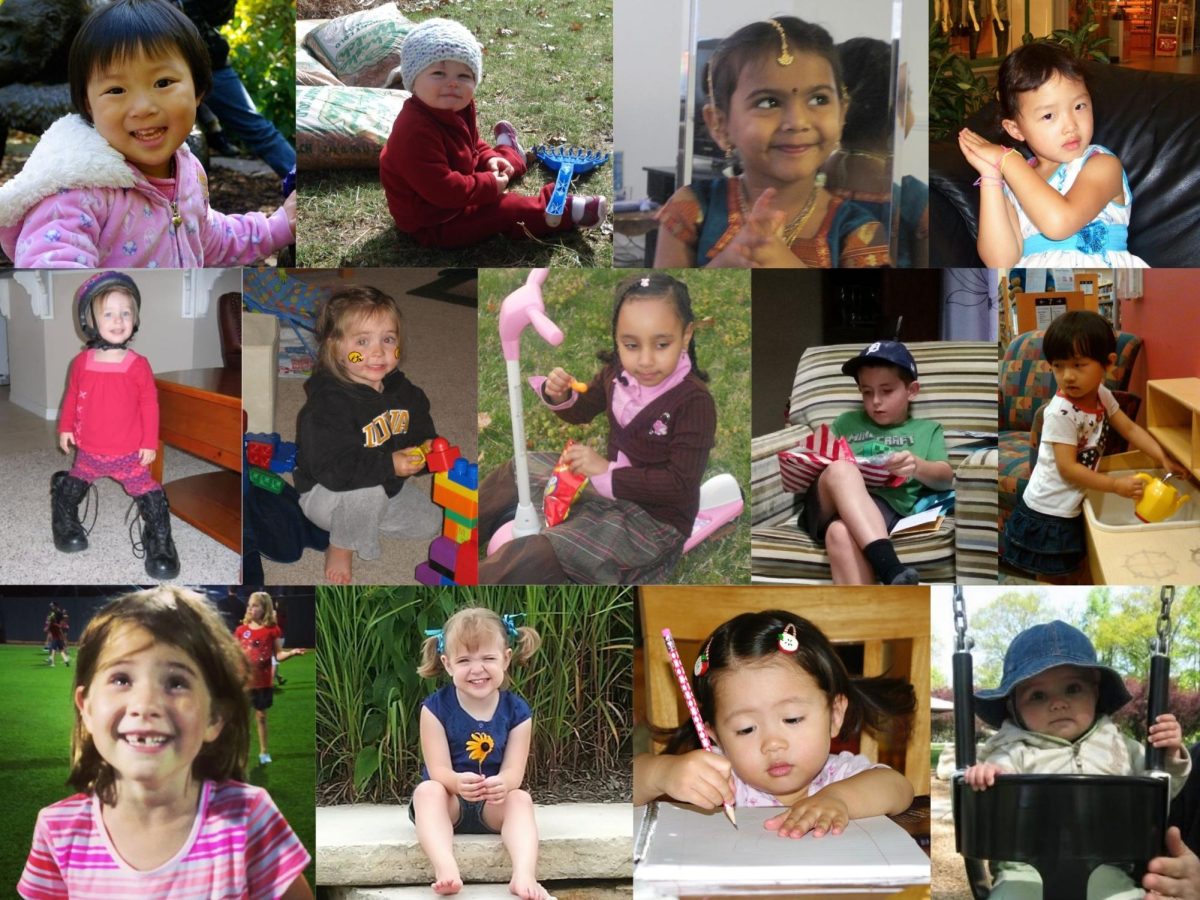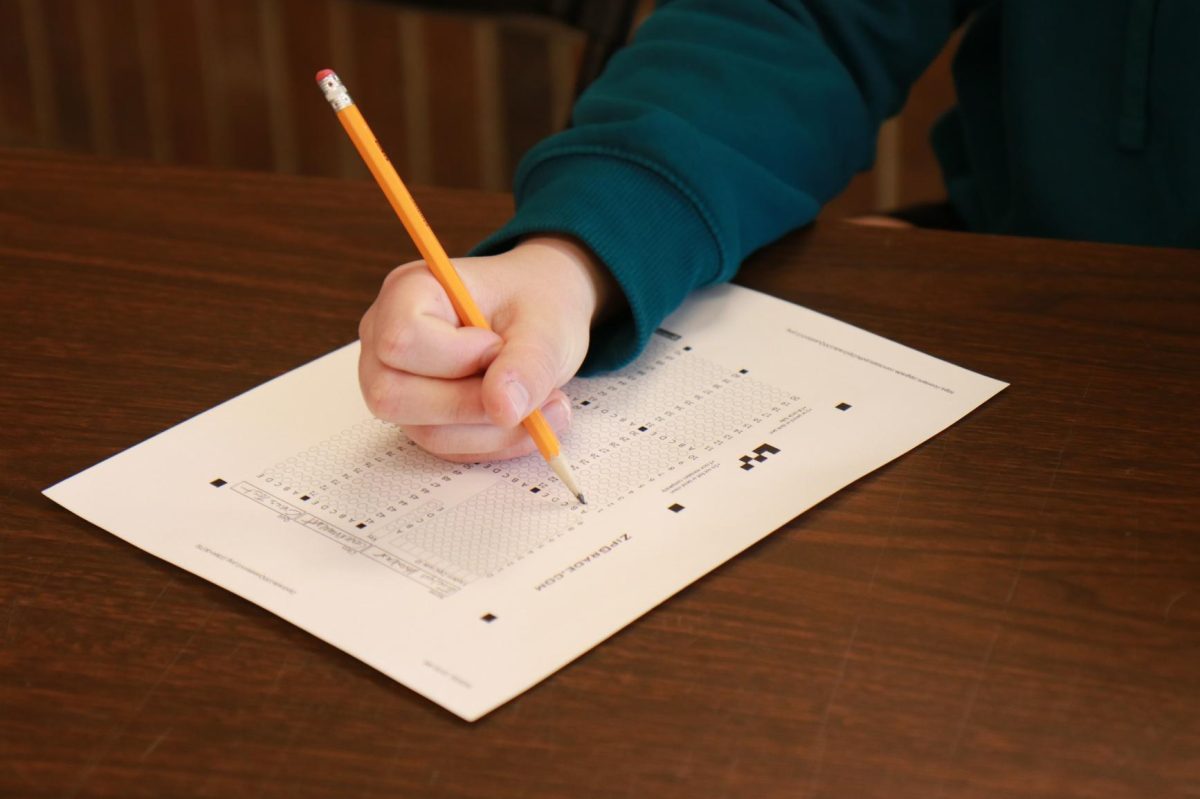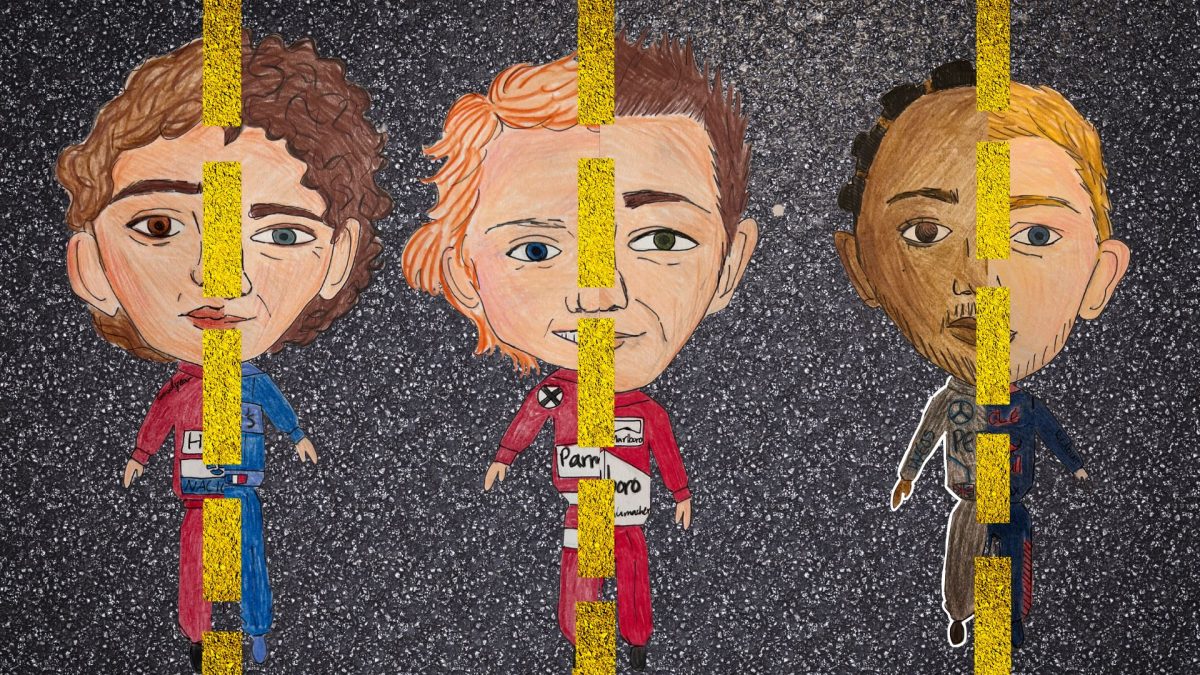Parents are some of the most important figures in a child’s life. They shape the future generation through their ideas and values. Throughout the centuries, parenting has evolved and changed along with culture. Widespread ideas and values are very different from a few decades ago, and technology has also greatly influenced parenting styles.
There are four main types of parenting styles: Authoritarian, Authoritative, Permissive and Uninvolved or Neglectful. Parenting styles can be one or a mix of these.
Authoritarian
These parents have high expectations and harsh punishments with little room for discussion about their rules. This type of parenting often leads to obedient and disciplined children in front of their parents. The high involvement from parents can also push children to try new things early on in life, which can be beneficial. However, this type of parenting can also lead to rebellious children later on in life when they leave the home.
Lincoln Beihl ’25 explains how early on in life he grew up with authoritarian parents. “In my earliest years, they were very involved. They were signing me up for clubs or musical instruments, and I had almost no screen time as a child.”
Authoritative
This is arguably the most ideal type of parenting, but don’t get it confused with Authoritarian parents. Authoritative parents are nurturing but not overly strict or overbearing. They typically have clear expectations and reasons for their expectations, with children being able to have input on expectations. Children with these types of parents often grow up with higher levels of confidence compared to other parenting types and a clearer understanding of themselves and their goals.
Recently, a new variation of authoritative parenting called “gentle parenting” has become trendy on TikTok. According to Parents, they focus only on positives, and rarely give punishments or give very light punishments. It’s focused on partnership, and both children and parents have a say in this collaborative style.
Parents further that this parenting style still has boundaries, but it understands that children are developing and need guidance rather than harsh punishments to grow. However, TikTok mostly only shows how this parenting style would work in an ideal world.
In reality, this style is very difficult, because parents can also make mistakes. This method of parenting can also be very time-consuming, and a lot of people simply don’t have the time to be patient with their children.
Permissive
These are also known as the “cool” parents. They typically have few rules and expectations and are very nurturing. Permissive parents tend to give children whatever they want and allow them to figure things out for themselves rather than guide them.
Children growing up with these types of parents sometimes develop unhealthy lifestyle habits due to the excessive amount of freedom and little guidance. However, this type of parenting can also lead to children becoming independent and developing useful skills on their own.
Kiera Holtkamp ’24 describes how she grew up with a mix of permissive and authoritative parents. “I have definitely learned how to be independent my whole life. Everything I’ve done has kind of always been my own thing, but I wish that my parents had pushed me a little bit more.”
Uninvolved/Neglectful
Finally, these parents are usually absent, emotionally or physically. They provide children with the bare minimum and are often cold or detached. Uninvolved parents can lead to children becoming self-sufficient. However, since these skills are developed purely out of necessity, this can lead to children struggling with relationships and goals later in life.
As the years go by, there has been a shift in family dynamics with the introduction of social media and advancing technologies. Some people believe that this will lead to less strict styles. Others believe it will be different depending on the person. Some also just want to maintain the dynamics used today.
According to Ogunsina, social media’s most significant negative impact on future parenthood is dependence. This can lead to parents spending excessive time on their phones. Which impacts parents’ ability to spend time with their children, even making them emotionally neglectful. It can also lead to dropped productivity, lack of sleep and an increase in stress, All of which can impact parenthood.
Verywellfamily explains how parents who use social media usually create an artificial and fake life for their children, and people following along on social media. Parents who excessively use social media create forcible moments and only focus on the likes. This again creates emotionally neglectful parents as they never are in the moment with their children.
However, Ogunsina furthers how social media provides a support system to new parents that can make them feel less alone and more connected to others who are going through the same things. It also gives parents access to a multitude of beneficial information. Parents can use social media to pierce parenthood blogs, papers, and videos that give tips and advice on how to navigate parenting.
Whether it’s with or without technology, most people agree that the number one goal of parenting should be to help the kids of the next generation.
“I think it’s very important as a parent to raise children that have good work ethics and empathy,” said Holtkamp. “I think you just need to work to raise good kids. Kids need guidelines, your kid needs to do a sport and a club or things like that when they’re growing up so that they learn to have a work ethic. It’s also important to put your kids in environments where they can be very social, and to set rules so that your kids aren’t little bratty iPad kids.”
Parenting styles have evolved alongside technological advancements. Despite the challenges posed by social media, the primary goal remains consistent: to raise empathetic and resilient individuals. Finding a balance between nurturing and guiding children is essential, while also leveraging technology responsibly. Ultimately, successful parenting is about creating a supportive environment for children to thrive and develop into well-rounded individuals.






















